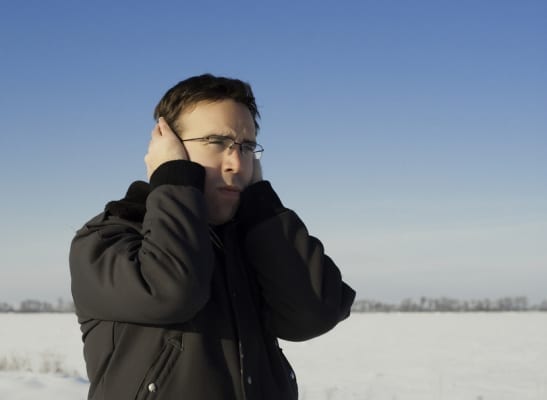Must-Read Tips about Frostbite and Hypothermia
Frostbite is a severe reaction to cold exposure that can permanently damage its victims. A loss of feeling and a white or pale appearance in fingers, toes, or nose and ear lobes are symptoms of frostbite.
Hypothermia is a condition brought on when the body temperature drops less than 90 degrees Fahrenheit. Symptoms of hypothermia include uncontrollable shivering, slow speech, memory lapses, frequent stumbling, drowsiness and exhaustion.
If frostbite or hypothermia is suspected, begin warming the person slowly and seek immediate medical assistance. Warm the person’s trunk first. Use your own body heat to help. Arms and legs should be warmed last because stimulation of the limbs can drive cold blood towards the heart and cause heart failure.
Put the person in dry clothing and wrap their entire body in a blanket.
Never give a frostbite or hypothermia victim something with caffeine in it (like coffee or tea) or alcohol. Caffeine, a stimulant, can cause the heart to beat faster and hasten the effects the cold has on the body. Alcohol, a depressant, can slow the heart and also hasten the ill effects of cold body temperatures.
What are the symptoms of frostbite?
Frostbite happens when the skin and the tissue underneath it actually freeze. Winds and cold temperatures are the culprits, as well as not dressing properly for the cold outdoors. Frostbite affects children more than adults, as children lose more heat through the skin. The first symptom, called frost-nip, is the least severe form and usually leaves the skin feeling numb and looking white. Cheeks, noses, and ears are most frequently frost-nipped. When the skin thaws or warms, the affected area will become red and painful. With even more severe frostbite, the skin may appear white and feel very numb, meaning that the tissue has started to freeze. Very severe frostbite may cause blisters and damage to structures, such as tendons, muscles and bone.
Be prepared! Dress appropriately and limit time outdoors in cold, windy conditions.


